Home Site Map - Techniques - Electrical -
Electrical Conduit
![]() Provisioning your yard for external lights and power outsets using conduit.
Provisioning your yard for external lights and power outsets using conduit.
Put in lots of conduit
When digging a trench it is worth adding lots of spare conduit. This picture shows the first set of conduit.
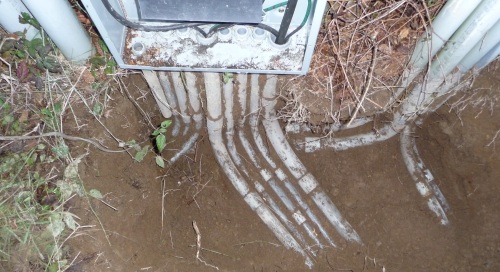
The following picture shows the second layer of conduit (almost all 2" diameter).
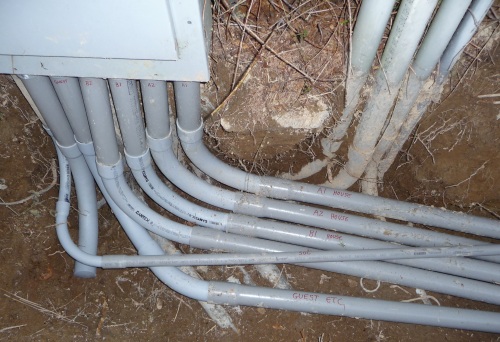
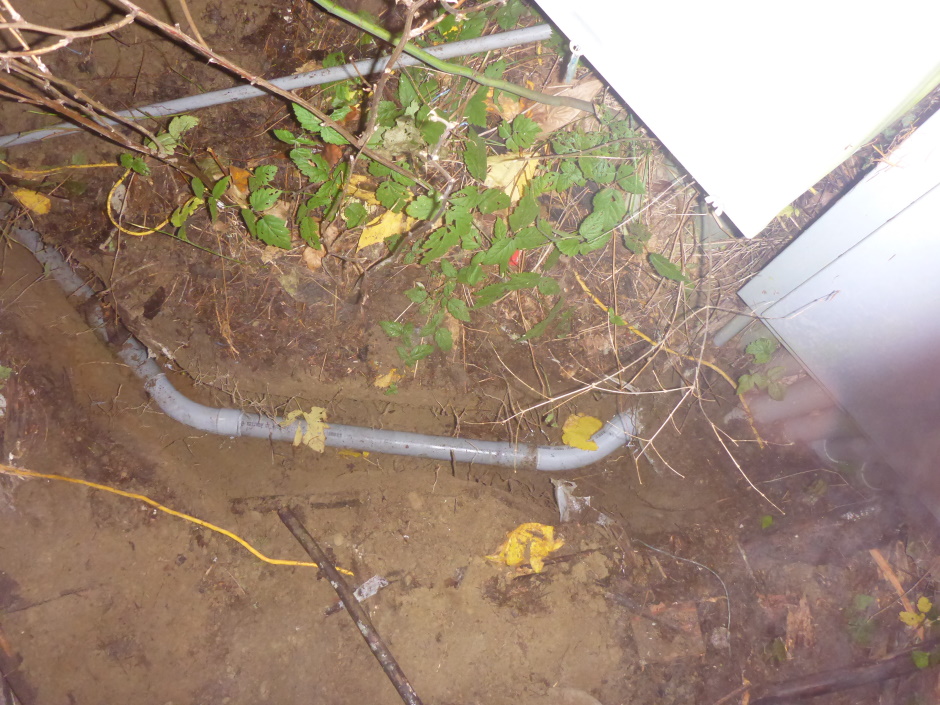
In terms of diameter for your money, 2" schedule 40 conduit is a good choice because it is sold in high volume and that keeps the price down. You can just about pull 4 wires of 3/0 diameter each through a 2" diameter conduit. In my case I have four runs of 2" diameter conduit from the main panel to the house (although only 2 are really needed).
Make sure you label all your conduit because it's easy to forget where they all go.
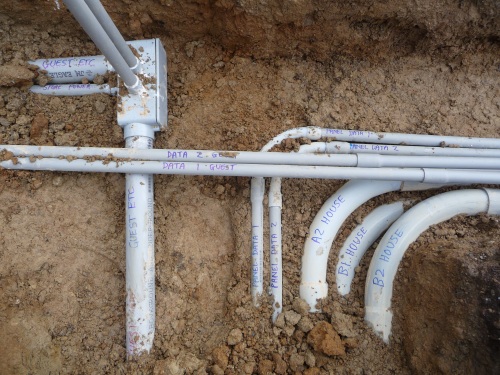
It is best to use cleaning primer (before the PVC glue) on the conduit even though this is not required by code. You can use the same glue as for white PVC water pipe. I use regular strength clear (potable water) PVC glue for both.
It is very difficult to fit additional wires down conduit that already has wires. At minimum you will need to pull the existing wires out and pull through a combined bundle that has both the new and old wires. In most cases it is just easier to lay additional conduit in parallel with the old conduit. You will be digging in already disturbed soil so digging the trench for the additional conduit is easy.
For lighting in the yard, I use 3/4" conduit because it only needs thin wires (12 gauge)...
Electrical boxes in the yard
My favorite electrical junction box for use in the yard is 6"x6"x4" and made of thick rigid plastic with a good rubber sealed screw on lid. Bigger ones use the same wall thickness so as the size increases they easily distort. The box I like comes without any conduit connects so you can make the holes using a jigsaw and a rasp wherever you like. I use plenty of PVC glue all round the plastic connectors where they join the box. It makes it nice and waterproof.
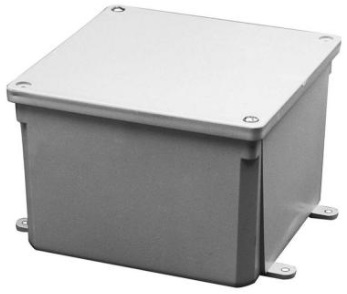 Electrical
box 6in x 6in x 4in
Electrical
box 6in x 6in x 4in
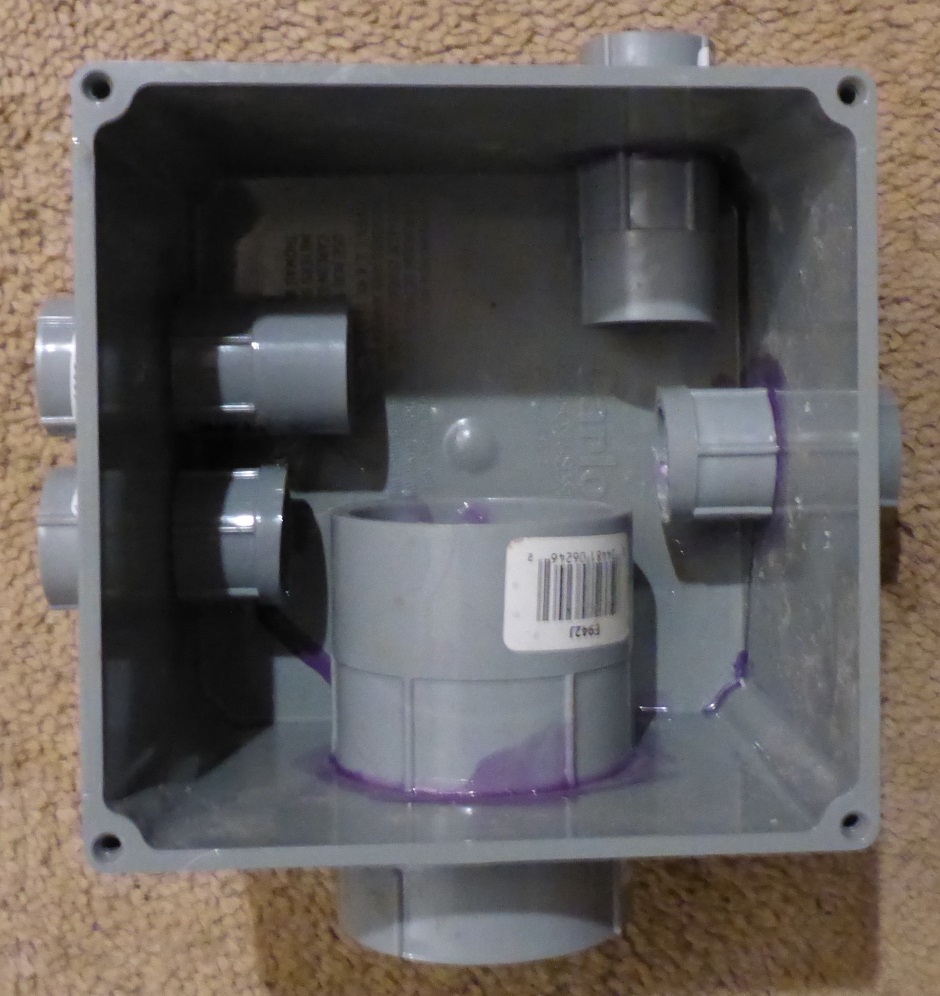
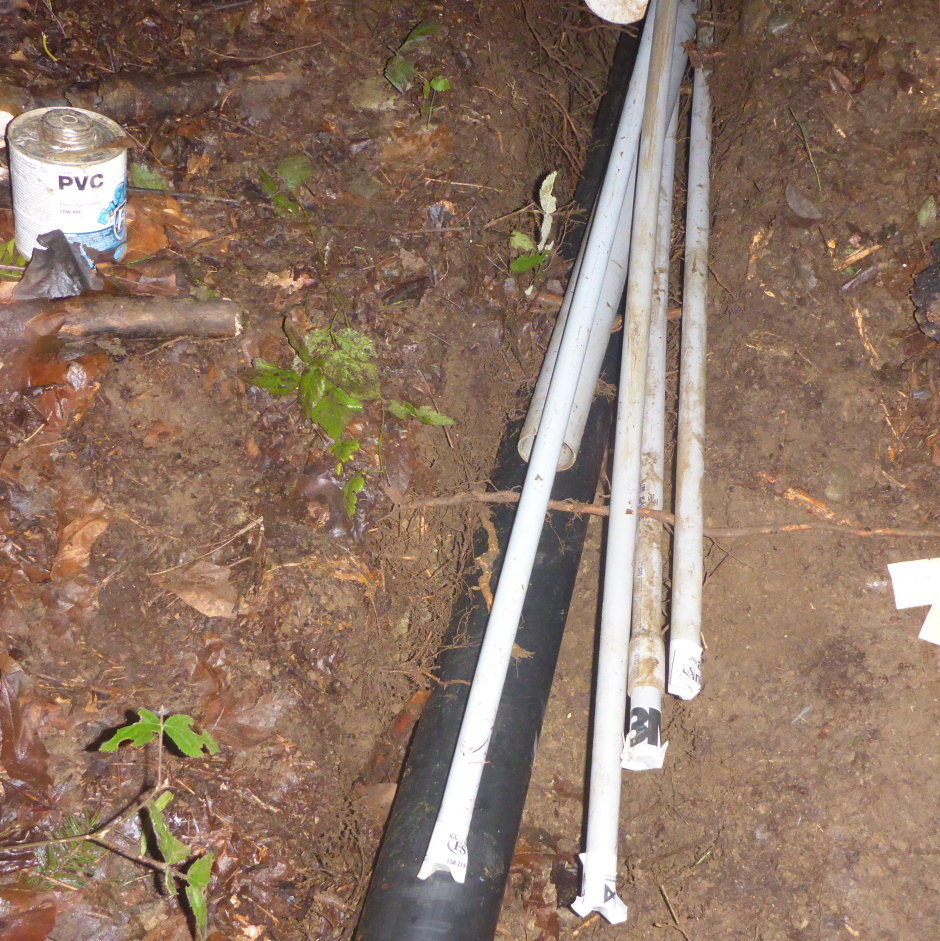
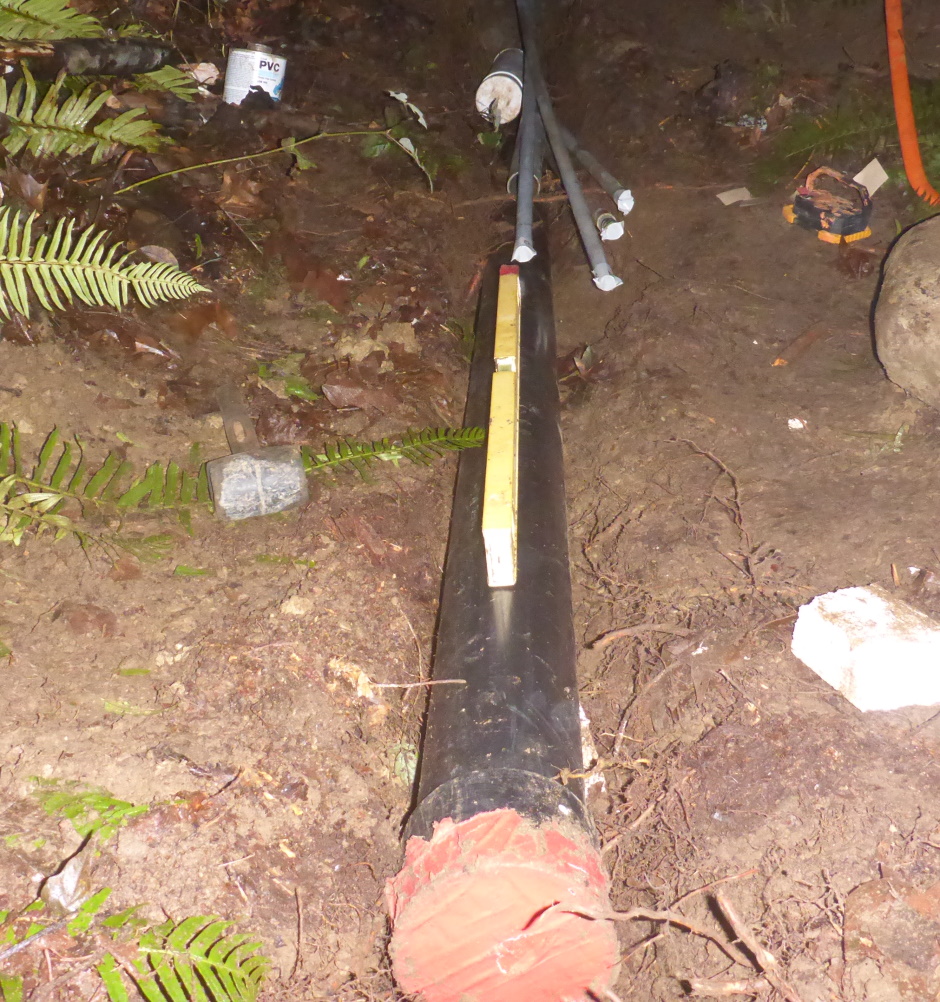
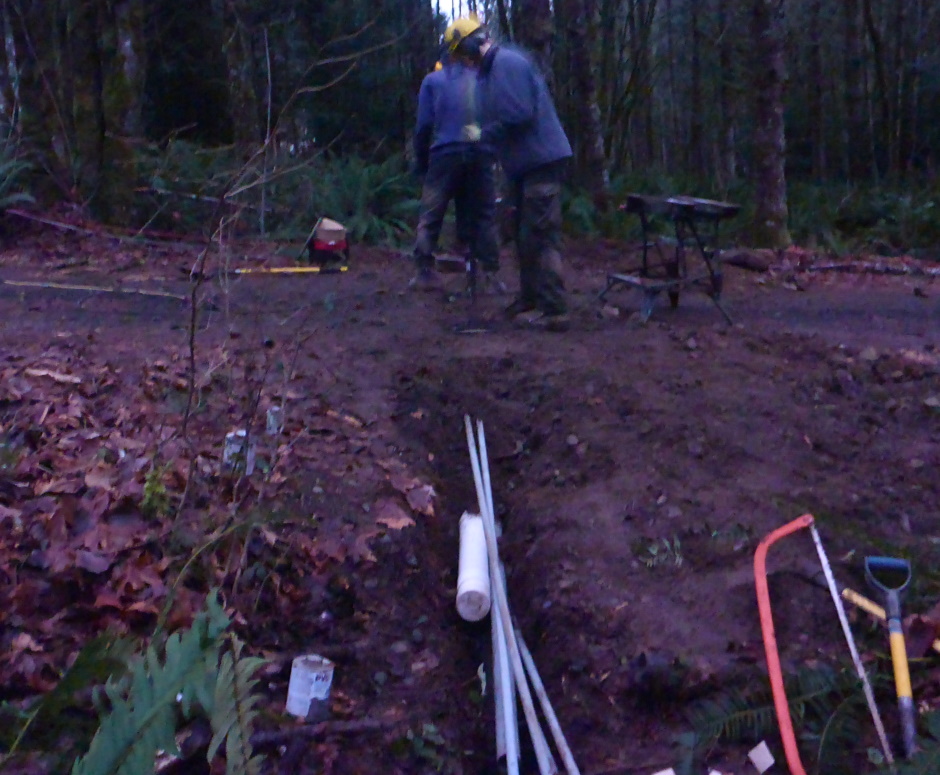
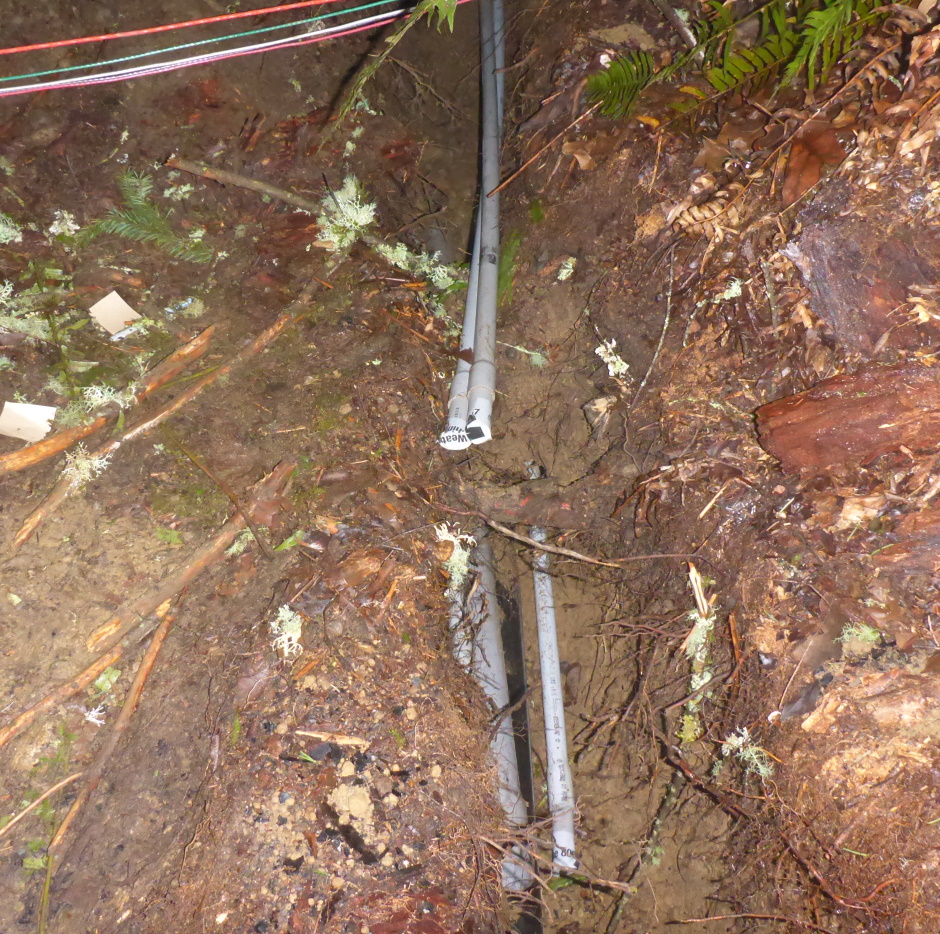
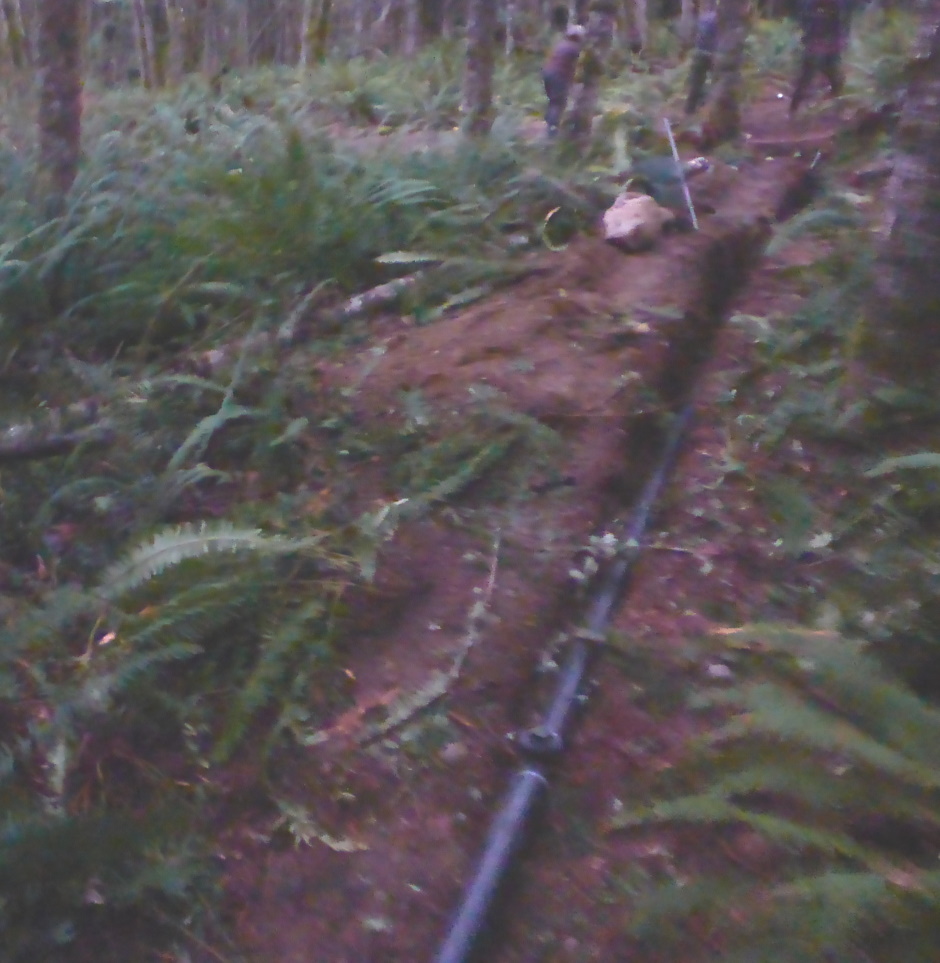
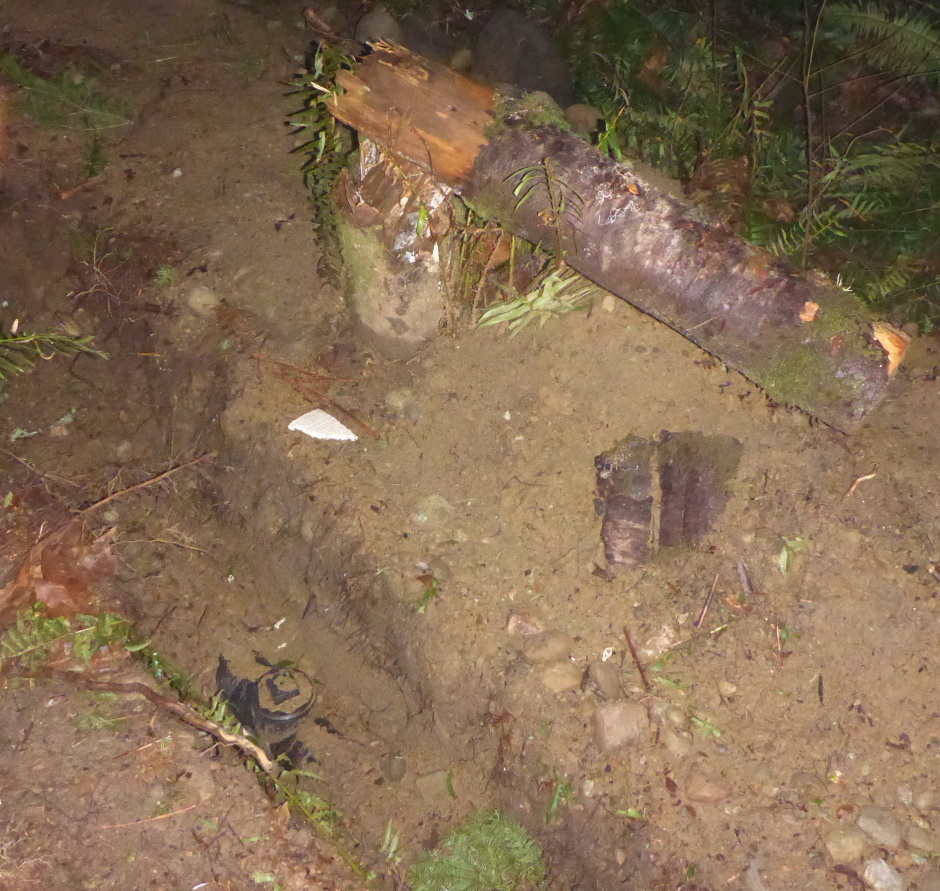
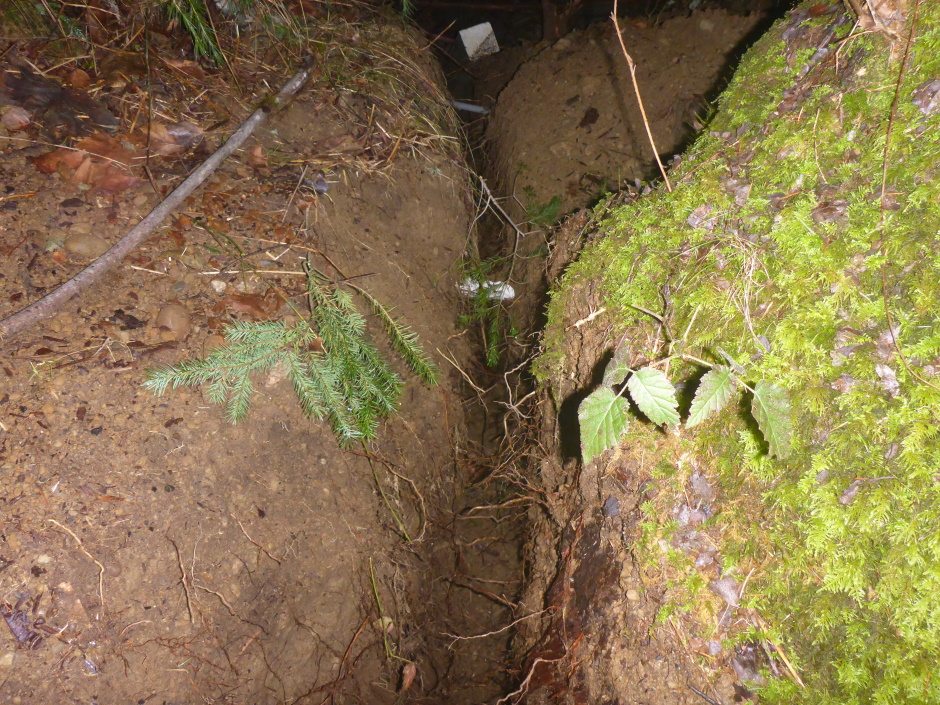
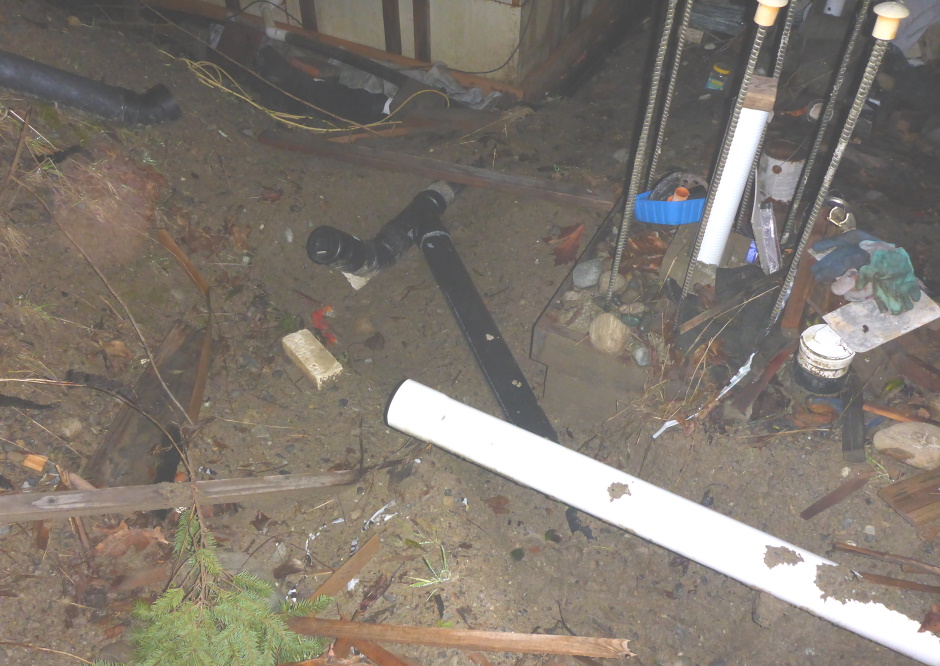




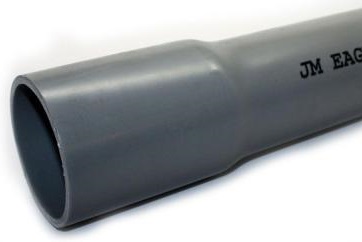
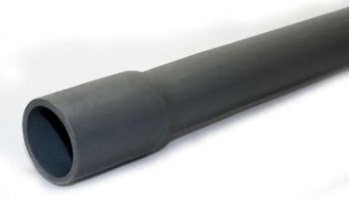 Electrical
Conduit 3/4"
Electrical
Conduit 3/4"